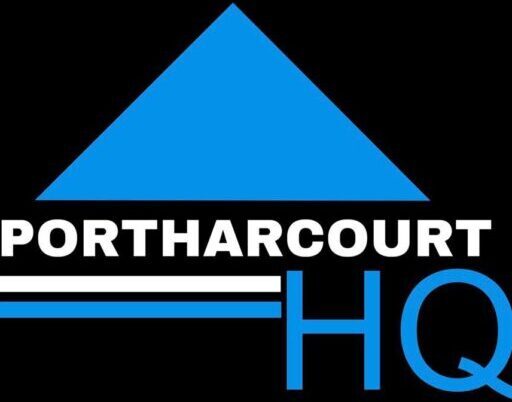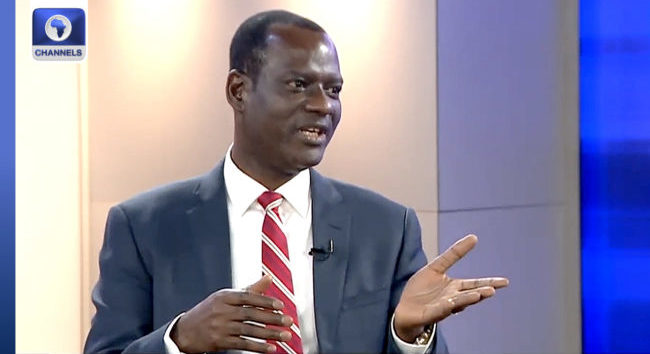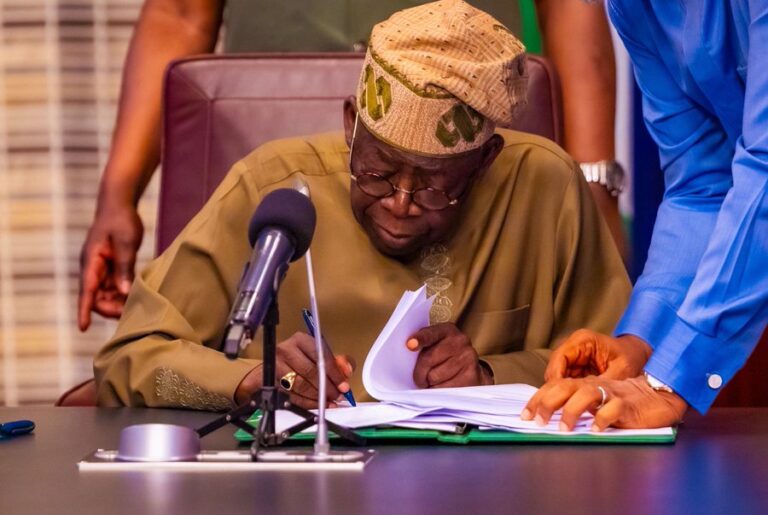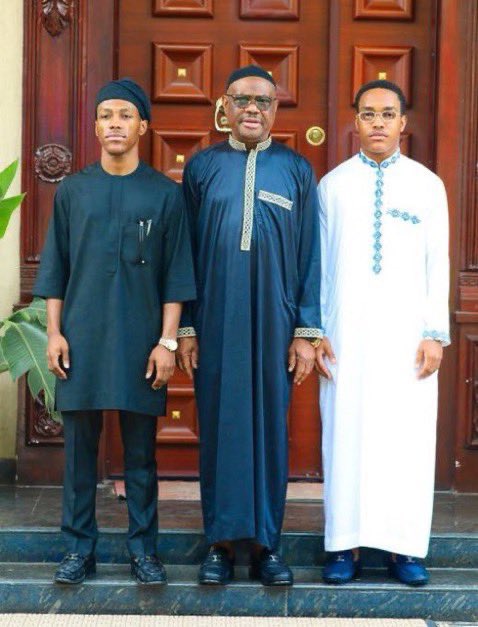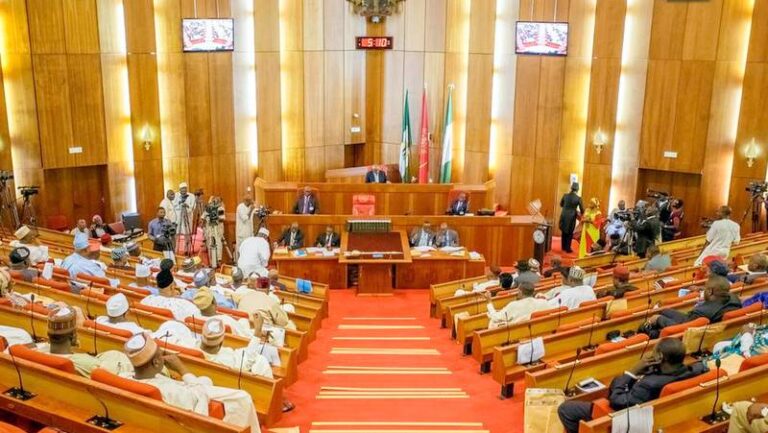As part of ongoing economic reforms, the Federal Government has confirmed that Nigerians earning ₦250,000 or less per month will no longer be required to pay income tax.
The announcement was made by Taiwo Oyedele, Chairman of the Presidential Committee on Fiscal Policy and Tax Reforms, during a televised interview on Channels TV. The clarification came just hours after President Bola Tinubu signed four new tax bills into law, with implementation scheduled to begin in January 2026.
Oyedele emphasized that the goal of the new tax regime is to relieve financial pressure on low-income households, encourage economic activity, and promote fairness in taxation.
“This tax law will not give you cash in your pocket, but at least it won’t take your cash away if you are poor,” he said.
The committee arrived at the ₦250,000 threshold based on an analysis of the cost of living for an average Nigerian household of five, supported by two working adults. According to the findings, that income level qualifies as the poverty line and justifies exemption from taxation.
Oyedele further explained that the tax structure has been redesigned to:
Completely remove taxes for low-income earners
Reduce taxes for middle-income earners (₦1.8 million to ₦2 million per month)
Slightly increase taxes for high-income earners
Only about 5% of Nigerians fall within the upper-middle-income bracket, he noted.
The new tax framework is described as people-focused, growth-oriented, and aimed at closing Nigeria’s wide tax gap. Currently, the country collects only 30% of its tax potential. The reforms, Oyedele said, are intended to recover the remaining 70%, primarily from tax evasion at the higher end of the income scale.
The new policies are expected to bring relief to many households and create a more equitable and efficient tax system across the country.
